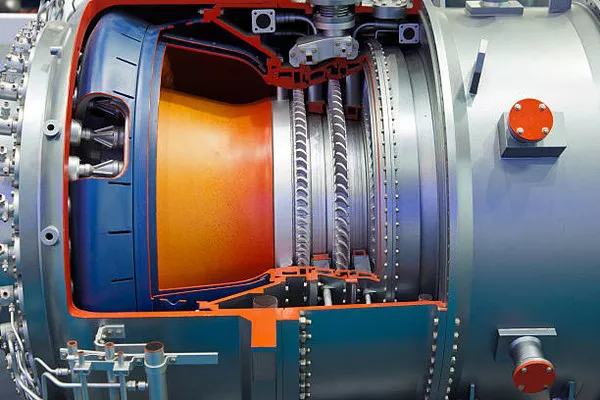Compressors serve as the essential heart and soul of air conditioners in the HVAC system, playing a pivotal role in both residential and commercial settings. In this comprehensive exploration, we delve into the diverse world of HVAC compressors, focusing on three primary types of HVAC Compressors : Scroll Compressor, Centrifugal Compressor, and Screw Compressor. Understanding their unique applications and characteristics is crucial for enhancing design proficiency and troubleshooting skills in the field of HVAC.
Scroll Compressor: A Compact Powerhouse
The Scroll Compressor stands out as the most common and widely used compressor in HVAC, prominently featured in residential and some commercial air conditioners. Recognizable by its cylindrical body and black or blue color, the scroll compressor operates on a hermetic design, ideal for compact spaces in residential split air conditioners. While offering efficiency, the downside lies in its irreparability, requiring replacement in case of a breakdown.
Common applications include single-split and multi-split air conditioners, VRF/VRV air conditioners, and air-cooled chillers. The latter, especially in commercial setups, leverage multiple scroll compressors for staged capacity control, enabling precise regulation and energy savings through mechanisms like Variable Frequency Drives (VFDs).
However, the maintenance cost escalates with multiple compressors, necessitating prompt attention to prevent failures. Despite this, the widespread use of scroll compressors ensures easy replacement, even with different brands sharing similar specifications.
Centrifugal Compressor: Powerhouse for Commercial Chillers
The Centrifugal Compressor takes its place as the second most common compressor, primarily employed in commercial water-cooled chillers. With a substantial cooling capacity ranging from 100 RT to 4000 RT, these compressors are vital for large-scale applications.
Traditionally lubricated with oil, centrifugal compressors have evolved to include oil-free magnetic bearing variants, enhancing efficiency and reducing maintenance costs. Surge prevention measures are essential due to their unique compression method, relying on kinetic energy generated through rapid rotation. The introduction of open-drive chillers improves serviceability, but it demands separate cooling for the chiller plant room.
Despite higher upfront costs, the efficiency and reliability of centrifugal compressors make them a preferred choice in applications where downtime is critical, such as production plants and laboratories.
Screw Compressor: Versatile Workhorse in HVAC
The Screw Compressor, commonly found in water-cooled chillers and high-capacity air-cooled chillers, offers versatility in its application. Unlike scroll compressors, the cooling capacity of air-cooled chillers with screw compressors increases with the size of the compressor.
Identifiable by its horizontal design, a screw chiller, also known as a helical rotary chiller, may feature a single screw or two screws. Quality becomes crucial for twin-screw compressors, as poor construction can lead to noisy operations and reduced lifespan.
While single screw compressors suit air-cooled chillers, twin-screw compressors find their place in water-cooled chillers. The distinctive noise and potential maintenance issues make quality a key consideration in the selection of screw compressors.
See Also What Does A Compressor Pedal Do For A Guitar?
Conclusion: Matching Compressors to HVAC Applications
In summary, each type of compressor in HVAC comes with its own set of advantages, disadvantages, and applications. Scroll compressors are tailored for smaller cooling needs, while centrifugal and screw compressors excel in medium to large-scale applications. The residential sector predominantly relies on scroll compressors, while commercial setups often embrace centrifugal and screw compressors.
For those looking to deepen their understanding of HVAC, tailored resources such as the HVAC Begin (eBook) for beginners or the HVAC Basics (eBook) for those with some experience provide valuable insights. Alternatively, the HVAC Beginner Course: 10 Days to Become Competent in HVAC offers a comprehensive foundation for acquiring basic HVAC skills.
This exploration showcases the intricate world of HVAC compressors, emphasizing their significance in creating optimal indoor environments for diverse settings.

